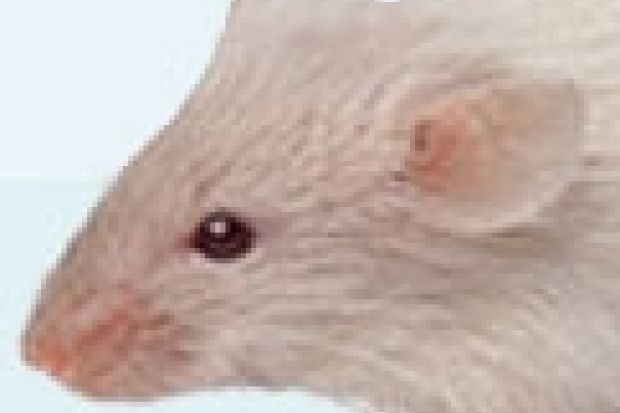The laboratory mouse has become the lifeblood of bioscience, staking its claim through a century of sacrifice.
Even though the level of animal experimentation in the United Kingdom has halved in the past 30 years, the demands placed on murine shoulders grow heavier.
The announcement that the mouse genome has been decoded and assembled from Celera Genomics last week and from the Anglo-American Mouse Genome Consortium soon - shows that the tiny, unsung heroes of science have passed a milestone guaranteeing them a place at the heart of biomedical research.
The laboratory mouse was subjected to 1.56 million research procedures in 1998, according to Home Office statistics - 60 per cent of the UK's animal experimentation.
Almost all of the medical treatments of modern times, from antibiotics to vaccines, have been developed in part through such work, because many human and murine diseases share parallel biological pathways.
Mice and men shared a common ancestor some 80 million years ago and the genetic connections are still strong - practically every human gene has a mouse equivalent.
Yet the role of a gene is rarely obvious. One way to explore the genetic basis of disease is to alter one or two in a living creature. Hence a third of those 1.56 million laboratory mice in 1998 were transgenic creations and the proportion is growing.
With in vitro fertilisation and embryo-freezing techniques, mouse libraries offer off-the-peg varieties to meet scientists' precise demands. There are genetically modified mice predestined to develop cystic fibrosis or cancer and there are thousands of other GM varieties available.
The mouse genome should act as a roadmap. Alongside the human genome, it should guide scientists to a new epoch of medicine.
Register to continue
Why register?
- Registration is free and only takes a moment
- Once registered, you can read 3 articles a month
- Sign up for our newsletter
Subscribe
Or subscribe for unlimited access to:
- Unlimited access to news, views, insights & reviews
- Digital editions
- Digital access to THE’s university and college rankings analysis
Already registered or a current subscriber?
